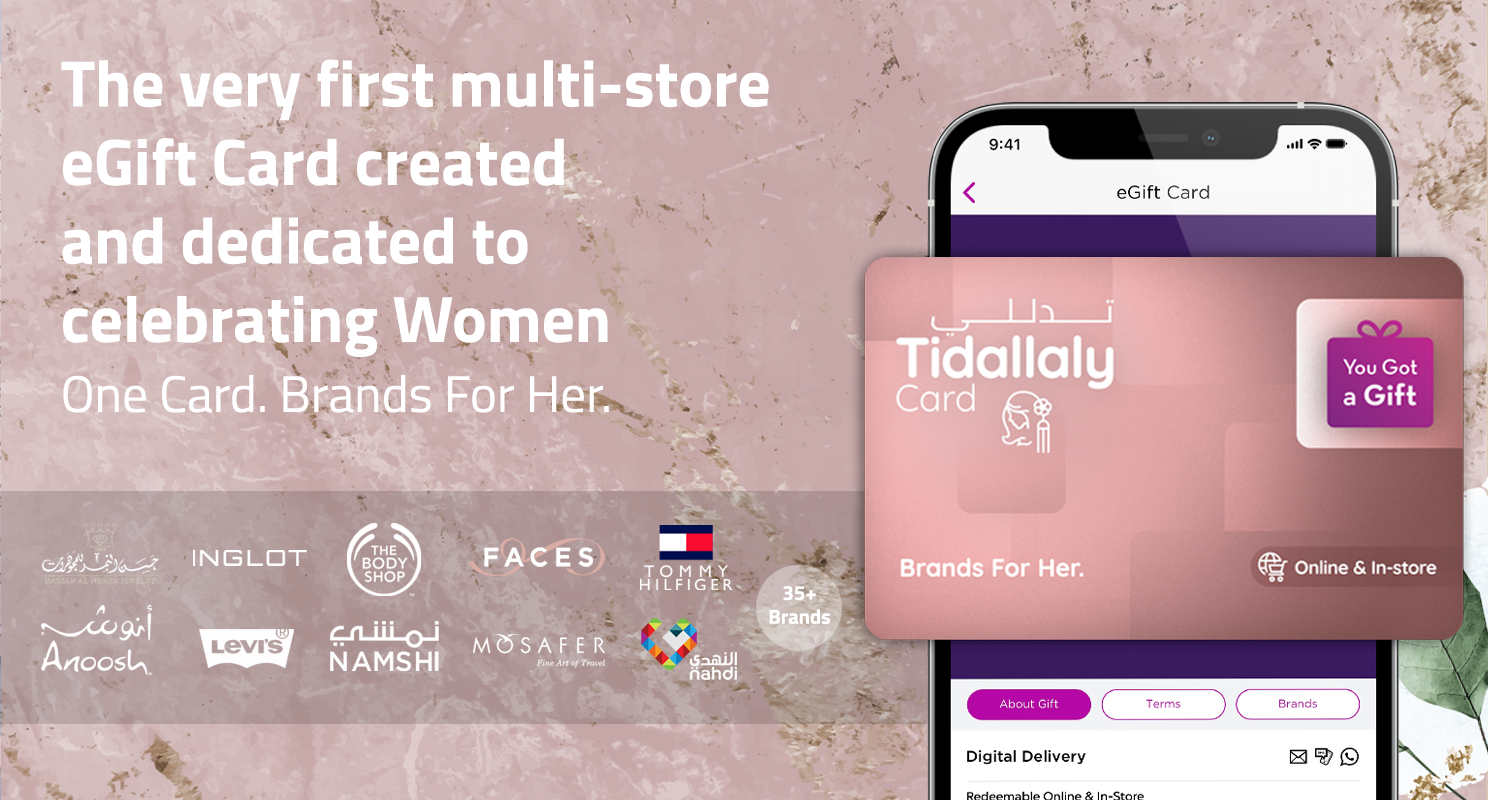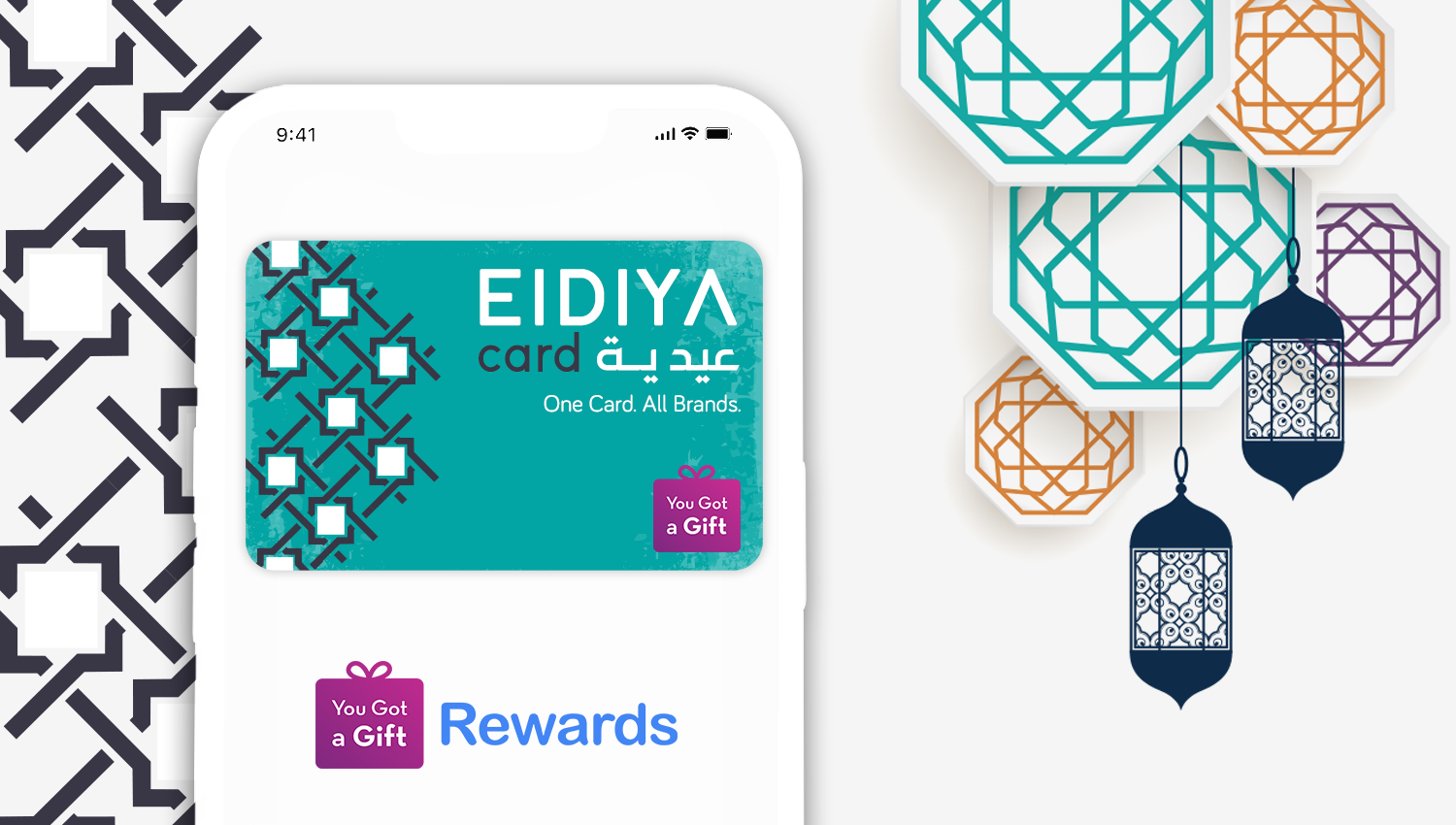How to Attract and Retain Gen-Z Talent
Being
the youngest and newest members of the workforce, very little is known about how Gen-Z
perform at work or what they expect in return. During our own on-ground
research, we found that most business professionals aren’t even sure what to
expect from this generation and how to manage them, and quite frankly, we’re
not surprised. So, to help you figure out the best approach to managing Gen-Z
in a way that fits with your company culture and management style, let us first
walk you through what we know about Gen-Z in the workplace.
Gen-Z in the workplace
Gen-Z
are very self-aware. So, even though 77% of them believe they will work harder
than previous generations, this doesn’t necessarily mean they have an inflated
sense of self-worth – on the contrary, 59% of those surveyed said they would
learn new skills to stay relevant, as they realize that the jobs they’re getting
hired for might not even exist 20 years from now. Also, the fact that more than
22% of them started making money online between the ages of 13-21 through
vehicles like Etsy, Amazon, Society6, and other digital platforms to prepare
themselves for work later in life, probably means that they really are ready to
work hard, especially when we factor in that 75% of them are willing to do
multiple roles in an organization.
Gen-Z
also consider using technology at work as a given. 80% of those surveyed said
they aspire to work with cutting-edge technology and 91% said technology would
influence job choice among similar employment offers. All the more reason to start
a digital transformation at your company.
The
interesting thing is, just because they need technology, doesn’t mean they won’t
need a human element woven into their work and team interactions. In fact, 90%
of them reported that they wanted that, and 60% of them expressed a need of
multiple check-ins from their managers weekly, if not daily.
Surveying
Gen-Zers who have already been working for a while unveils some interesting
facts as well, over 50% of them feel underappreciated by their employers, and 79%
say increase in rewards will make them more loyal to their employers. Which takes
us to the burning question. What is a sure-fire way to attract and retain Gen-Z
talent?
When
asked about the benefits they most wanted from employers, “feeling my ideas are
valued” and “Recognition for my contribution” ranked in the top demands, much
higher than vacation, paid time off, and work-life balance.
So,
in short, the answer is: Relevant rewarding programs.
How to reward Gen-Z?
In order to get the best ROI and the results you want from your rewards program, it has to be relevant to the rewarded employees, or in this case, Gen-Z talent. Here's the secret sauce for the perfect rewarding program:
Digital: According to International Business
Times, Gen Zers look at 5 screens per day. Having access to all their everyday
needs on their phones is what they expect. The way you reward them must align
with that, in the form of digital recognition platforms.
Choice: Gen Z are the “swipe” generation.
They don’t know a life where they can’t scroll and swipe to choose the
experience they prefer. They should be able to choose their own reward, so it's best that you don't reward them with pre-chosen merchandise or (even worse) branded company goodies. eGift cards are your best bet.
Personal: Practically all of Gen Z’s everyday
experiences and interactions are personalized and algorithmically curated for
their likes. Netflix, Spotify, YouTube, all give them recommendations and
experiences based on what they personally like. Your rewarding program should
aim at being a personalized experience in order to resonate.
Social: Sharing experiences and milestones
on social media is a natural habit for Gen Z. Because being rewarded at work is normally a moment of pride, your rewarding program should be easily shareable and a part of their online identity.
Interactive: Gen Z has an average attention filter
of 8 seconds – which is the amount of time they spend on an experience to
assess it and decide if it’s worthy of their attention (and more time) or not. Your
rewards need to be an interactive journey that is a visually appealing and immersing experience. A plain email won’t cut it.




Comments
Post a Comment